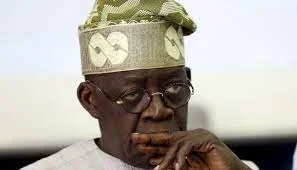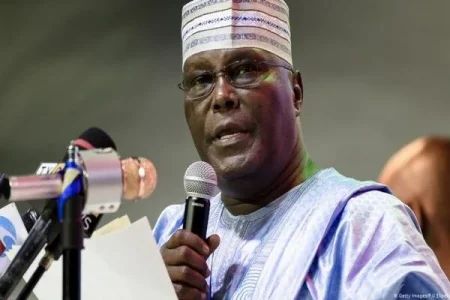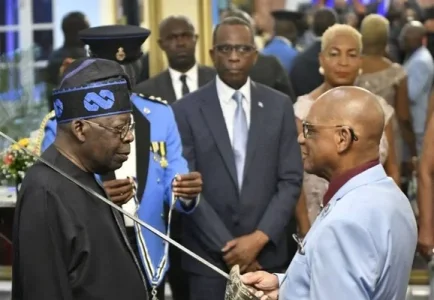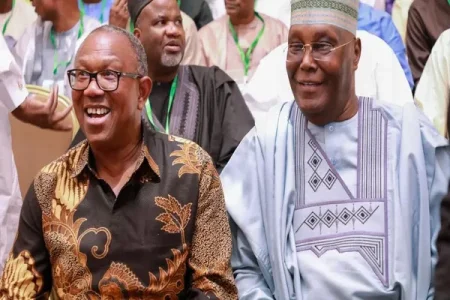
In the ongoing legal dispute between former Nigerian presidential candidate Atiku Abubakar and President Bola Tinubu, a new twist has emerged as the case unfolds in both Nigerian and US courts.
Following the Presidential Election Petition Tribunal's decision to uphold Tinubu's electoral victory on September 6, 2023, Atiku and his Labour Party counterpart, Peter Obi, challenged the verdict at the Supreme Court. At the heart of their challenge are concerns about potential gaps in Tinubu's academic history.
Atiku took the unusual step of approaching a US court to compel Chicago State University (CSU) to release Tinubu's academic records. Questions had arisen regarding discrepancies in Tinubu's official academic credentials, which state that he graduated from CSU in 1979 with a bachelor's degree in Business Administration, specializing in Accounting and Management.
Tinubu's legal team argued that a clerical error was responsible for the discrepancies on his certificate, creating an appearance of differences.
However, despite Tinubu's opposition to Atiku's application, US Magistrate Gilbert ordered Chicago State University to release all relevant academic records of the President to Atiku for use in his legal proceedings.
In a surprising turn of events, Tinubu's legal representative, Christopher Carmichael, submitted an urgent motion to delay the dispositive ruling issued by the magistrate. The motion requests a delay until Monday, September 25, 2023, to allow the court to fully consider the scope of the magistrate's authority and the correct application of the law.
Tinubu's argument centers on the timing of Atiku's legal action, as the former vice president initiated the case under 28 U.S.C. § 1782 six months after the conclusion of the February 2023 Nigerian election. Tinubu's legal team contends that the magistrate's intent to issue a binding compliance ruling without court intervention was unexpected.
This legal battle continues to unfold on multiple fronts, with potential implications for the upcoming elections and the broader debate surrounding transparency and privacy in Nigerian politics




